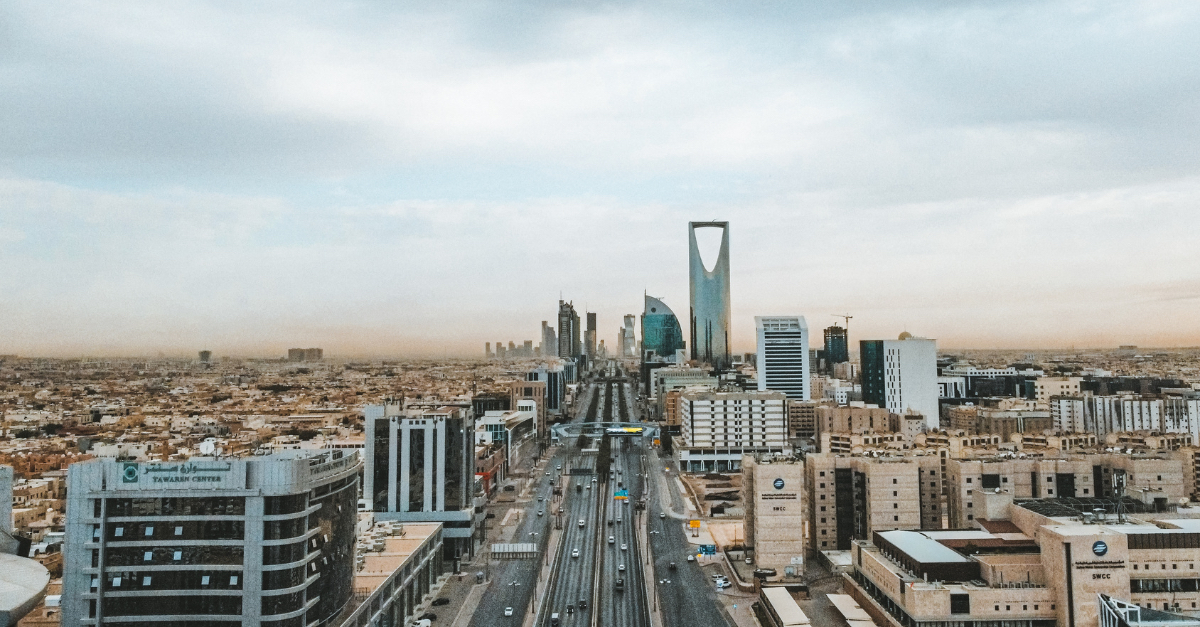Saudi Arabia’s industry and mineral resources ministry believes mining could soon constitute 10% of the region’s GDP
BY SIMON WOLFE
The Middle East is making moves on minerals. January’s Future Minerals Forum in Riyadh saw the announcement of a joint venture between Saudi sovereign wealth fund the Public Investment Fund (PIF) and state miner Ma’aden, to invest in critical minerals abroad.
There could be up to $3.6bn to take minority stakes in upstream strategic minerals opportunities, securing value chains critical to industrial development and energy transition in Saudi Arabia. It is therefore no surprise that the kingdom has a prime slot at this week’s Mining Indaba in Cape Town.
It is a welcome step, but the new venture may battle to secure foreign capital and trust from global investors. As global attitudes towards China continue their downward spiral amid a severe economic and supply chain crunch, investors, policymakers and companies across the world are forced to look for alternatives — pushing the region into the limelight.
However, the region is still tainted by its track record on issues of governance and human rights, prompting scepticism about the gulf’s potential to play a key role in critical minerals and the energy transition.
The Saudis will have been watching the world’s reaction to Qatar’s World Cup closely. It provoked a mixed response. Qatar’s sticky record on its treatment of migrant workers, to restrictions on freedom of speech, sparked diplomatic controversy and finger-wagging from global press and onlookers. In the same vein there are already whispers of hypocrisy on climate change action and political gain as hydrocarbon-rich UAE gears up to host COP28 in Dubai later in 2023.
But herein lies a twist. With its supply of critical minerals the Gulf is poised to be a leading force in the green energy transition, forcing leaders to rethink their stance on investment in the Middle East in spite of its contentious history.
While the onlooking world has been suffering the effects of a financial and energy crunch, the gulf states and their sovereign wealth funds have been reaping the rewards of the rising price of oil, capitalising on their sway in global economic hierarchies.
The International Monetary Fund (IMF) forecasts that the Middle East’s oil and gas production will rake in up to $1.3-trillion in additional revenue in coming years — pouring money directly into Saudi Arabia, the UAE and Qatar, the world’s largest exporter of liquefied natural gas (LNG), which is poised to play a pivotal role in the transition to cleaner energy.
In recent years the gulf states have also undergone a change in the nature of their leadership agendas — namely through the entrance of younger rulers seeking to transition away from the practices of the traditional monarchy and embrace modern economic reforms and models of governance. Bahrain and Saudi Arabia, for example, are home to crown princes 20 years junior to their heads of state.
These shifts have given rise to a generation of younger, more energised rulers who are looking to demonstrate more agency in energy initiatives, technology and investment, in a wider manoeuvre to assert regional and global dominance.
This new brand of leadership is breathing fresh air into Saudi Arabia’s domestic interests and ambitions. Such as the revamping of the Saudi Arabian PIF, or the onward march of Vision 2030, a strategic social and economic reform agenda introduced by Crown Prince Mohammed bin Salman, designed to develop the kingdom’s public service sector and lower its dependence on oil. The country’s sporting agenda, including a $500m 10-year deal with World Wrestling Entertainment, $15m in appearance fees for the Saudi International men’s golfing tournament, and Ronaldo’s move to Al Nassr in Riyadh, are the talk of the town.
Often dismissed as “sportswashing” or “greenwashing”, this criticism forgets that they aren’t doing this as a way to automatically cancel foreign criticism. This isn’t just about buying trophy assets and expecting global credibility in turn. This is set against a serious push for social reforms, a need to engage the youth in the kingdom’s future and an acknowledgment that they can have a seat at the table if they engage on issues that concern the global community.
Saudi Arabia’s industry and mineral resources ministry believes mining could soon constitute 10% of the region’s GDP. The kingdom recently issued 52 new mining licences, demonstrating year-on-year growth and indicating the region’s ambition to diversify its economy in mining and away from hydrocarbons — further fuelling its transition from its oil-dependent economic model.
Saudi Arabia is positioning itself as a leading force on minerals, and while the question of foreign capital remains questionable, there is evidence that momentum on industry and economic partnerships is building in the gulf — spanning from initiatives in Oman with the Gulf Mining Materials Company established in 2005, to the Qatar Mining Company, now operating in Sudan and Algeria with two central projects seeking to establish partnerships and investments in the mining and metals industry and beyond.
Khalid Al-Mudaifer, Saudi Arabia’s vice-minister for mining affairs, acknowledged that “unless we regain trust from the world we cannot have the luxuries we want”. The other gulf states should take note because critical minerals might just be their winning ticket.
This op-ed was originally published in Business Day on 6 February 2023


